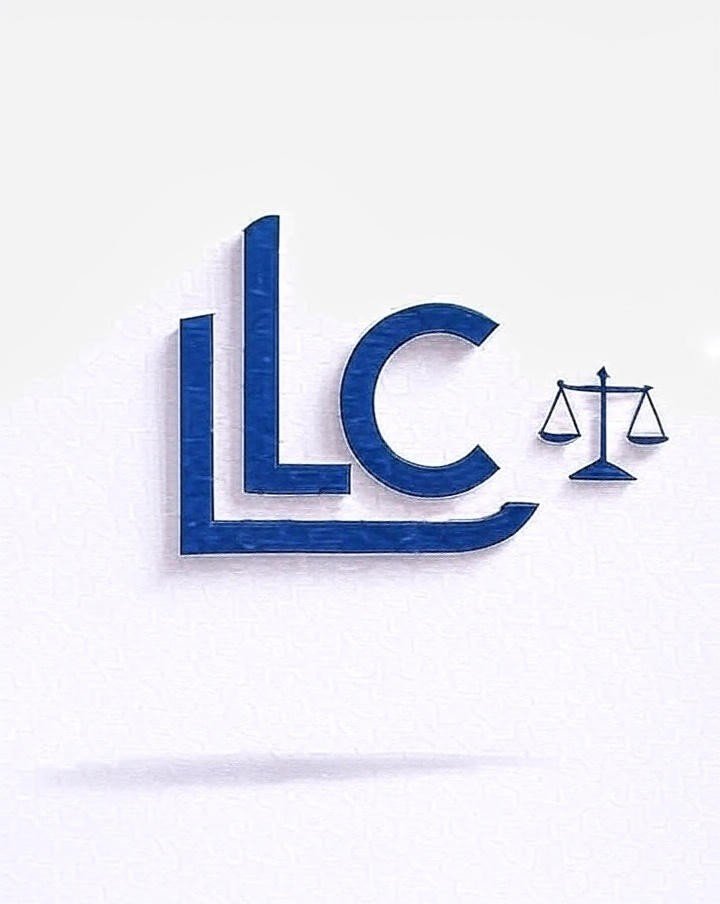Understanding Legal Remedies for Damaged Goods in Transit
At Legal Light Consulting LLC, we understand that discovering damage to goods after shipment can be distressing. In India, there are several legal avenues to address such issues. Here’s a straightforward guide to the remedies available:
1. Mediation
Before approaching the courts, it’s often beneficial to attempt an amicable resolution through mediation. This process involves a neutral third party assisting both parties in reaching a mutually acceptable solution.
-
Legal Framework:
- The Commercial Courts Act, 2015: Section 12A emphasizes pre-institution mediation and settlement.
- The Mediation Act, 2023: Sections 5, 13, and 29 detail procedures, territorial jurisdiction, and limitations related to mediation.
2. Compensation
If mediation doesn’t yield a satisfactory outcome, seeking compensation through legal channels is the next step. This involves filing a lawsuit to recover losses incurred due to the damaged goods.
-
Relevant Laws:
- The Indian Contract Act, 1872: Sections 73 to 75 address compensation for breach of contract and the rights of parties to rescind contracts.
- The Carriage by Road Act, 2007: Sections 10 and 12 outline the liability of common carriers and conditions affecting their responsibility.
- The Sale of Goods Act, 1930: Sections 16, 58, 59, and 61 discuss implied conditions of quality, specific performance, remedies for breach of warranty, and interest on damages.
-
Jurisdiction and Timelines:
- Territorial Jurisdiction: Since the contract was executed in Delhi, legal proceedings should be initiated there.
- Limitation Period: A claim must be filed within three years from the date of breach, i.e., by December 13, 2027.
- Pecuniary Jurisdiction: Given the claim amount, the Delhi High Court would preside over the case.
- Court Fees: An estimated fee of ₹447,595.20 is applicable.
3. Specific Performance
In certain situations, instead of monetary compensation, enforcing the actual performance of contractual obligations might be appropriate. This ensures the aggrieved party receives exactly what was agreed upon.
-
Applicable Statutes:
- The Specific Relief Act, 1963: Sections 39 and 40 pertain to mandatory injunctions and associated damages.
- The Indian Carriage of Goods by Sea Act, 1925: Article III outlines carrier responsibilities and liabilities.
- The Railways Act, 1989: Sections 93, 98, and 104 detail the railway administration’s duties as carriers and their extent of liability.
-
Jurisdiction and Timelines:
- Territorial Jurisdiction: Legal actions should be filed in Delhi.
- Limitation Period: File before December 13, 2027.
- Pecuniary Jurisdiction: The Delhi High Court is the appropriate forum.
- Court Fees: Approximately ₹447,595.20.
Procedural Considerations
When pursuing legal remedies, it’s essential to follow specific procedures:
- Under The Indian Contract Act, 1872: Section 73 provides for compensation due to breach.
- Under The Carriage by Road Act, 2007: Sections 10, 12, 16, and 18 discuss carrier liability, conditions limiting liability, notice requirements, and penalties for non-compliance.
- Under The Sale of Goods Act, 1930: Sections 56, 57, 59, and 61 cover damages for non-acceptance, non-delivery, breach of warranty, and interest on damages.
- Under The Specific Relief Act, 1963: Sections 20 to 22 address substituted performance, compensation, and relief related to possession and refund.
- Under The Indian Carriage of Goods by Sea Act, 1925: Sections 2 and 5 relate to the application of rules and modifications concerning goods carried by sea.
- Under The Railways Act, 1989: Sections 107 and 108 specify procedures for claiming compensation for lost goods and identify eligible claimants.
Navigating these legal pathways can be complex. At Legal Light Consulting LLC, our experienced attorneys are here to guide you through each step, ensuring your rights are protected and you receive the compensation you deserve.
Note: Legal processes are subject to change. It’s advisable to consult with a legal professional for the most current advice.







